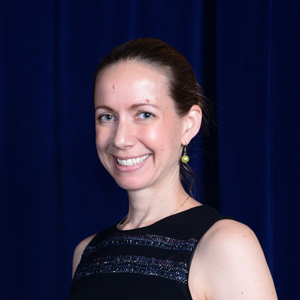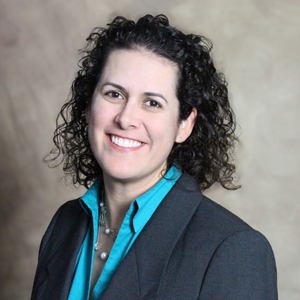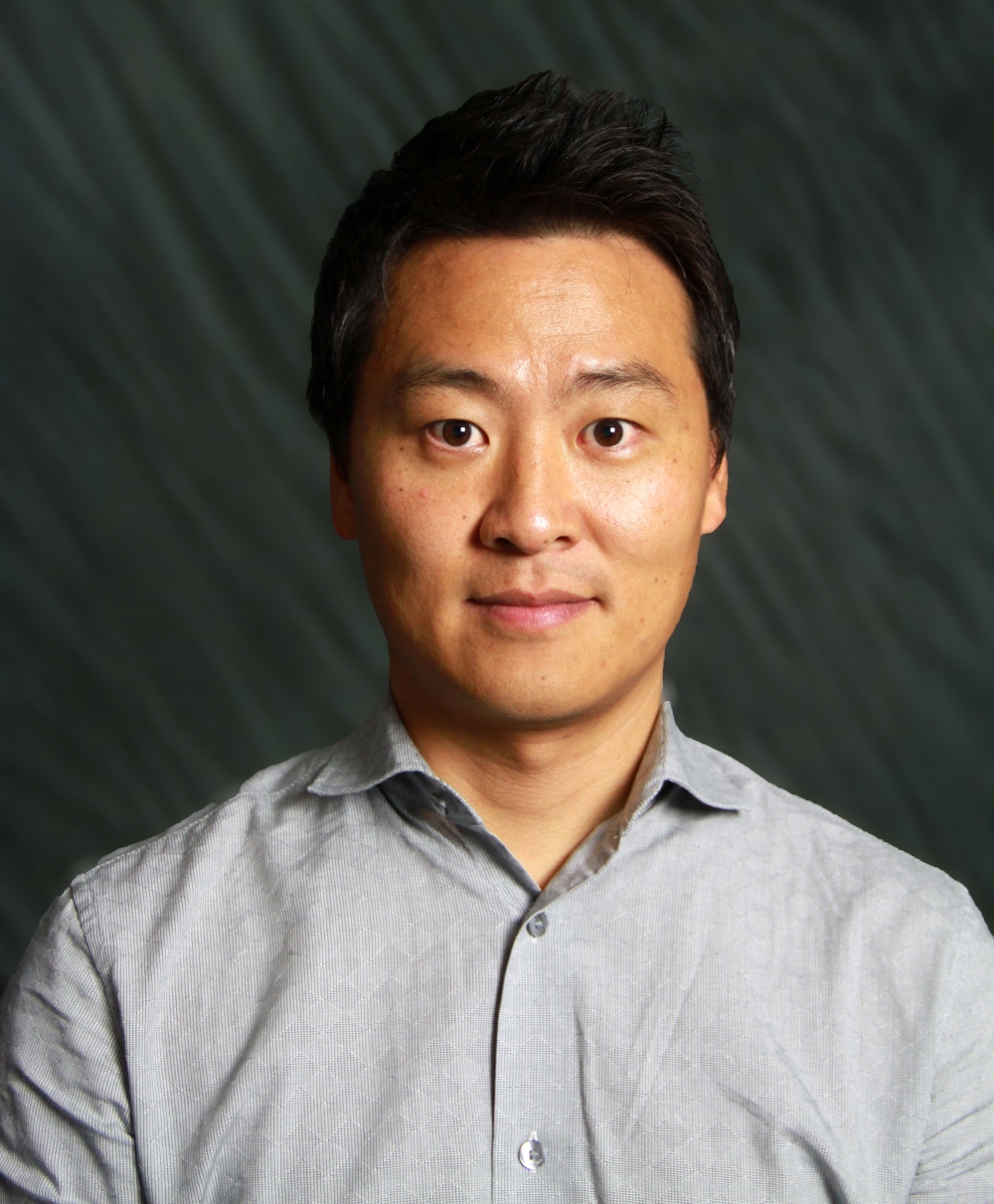Doctoral Progam in Exercise Physiology
Ph.D. in Kinesiology with an emphasis in Exercise Physiology
The Laboratory of Integrative Physiology (LIP) faculty have expertise in exercise, inflammation, immunology, and vascular function. Using cutting-edge research techniques and both human and animal studies, we answer scientific questions relating to aging, cancer, and other chronic diseases like atherosclerosis, diabetes, and Alzheimer’s disease.
Our faculty and students are members of the American College of Sports Medicine, American Physiological Society, International Society of Exercise Immunology, Psychoneuroimmunology Research Society, and the American Association of Immunologists. Our students often attend scientific meetings and have won scholarship and recognition for their presentations.
Exercise Physiology Faculty
 |
Dr. Heather Caslin
|
 |
Dr. Emily LaVoy
|
 |
Dr. Melissa Markofski
|
 |
Dr. Yoonjung Park
|
Learn more about the The Laboratory of Integrative Physiology (LIP) at UH